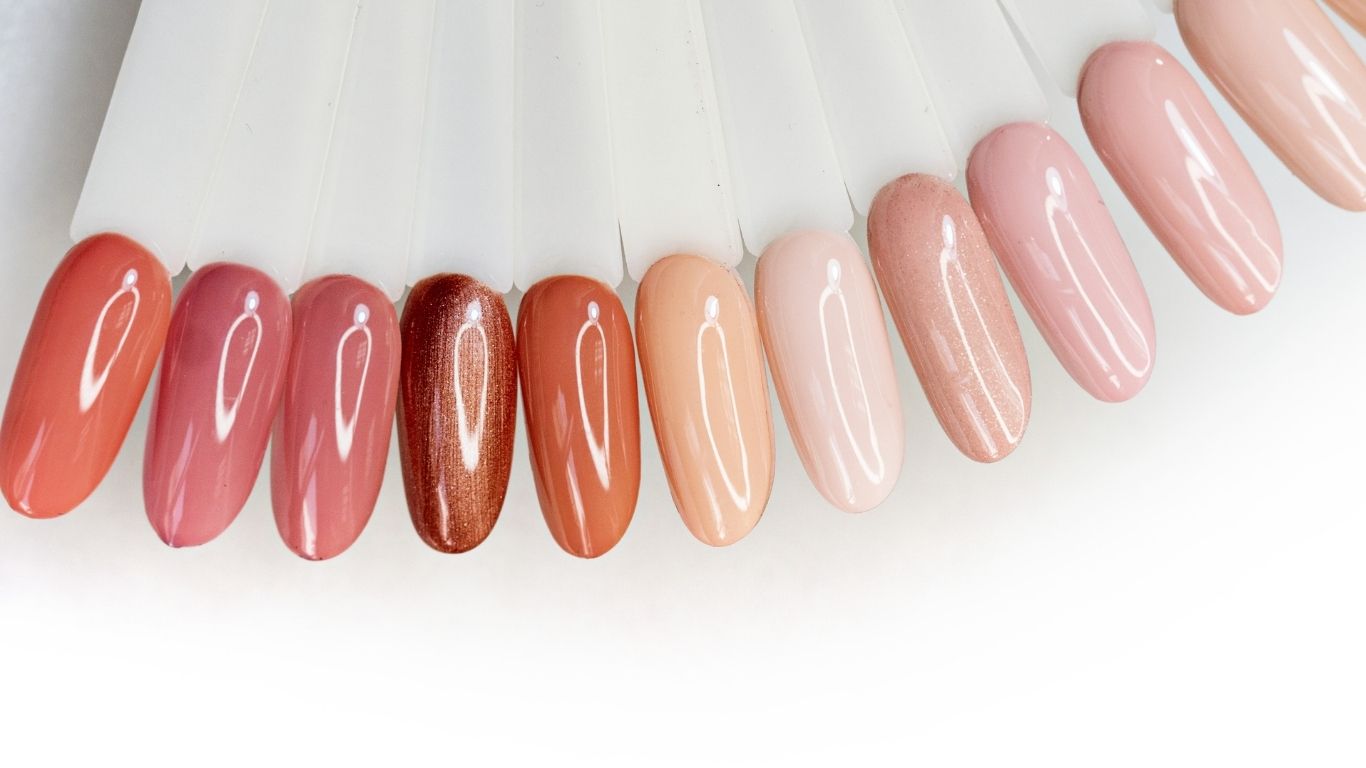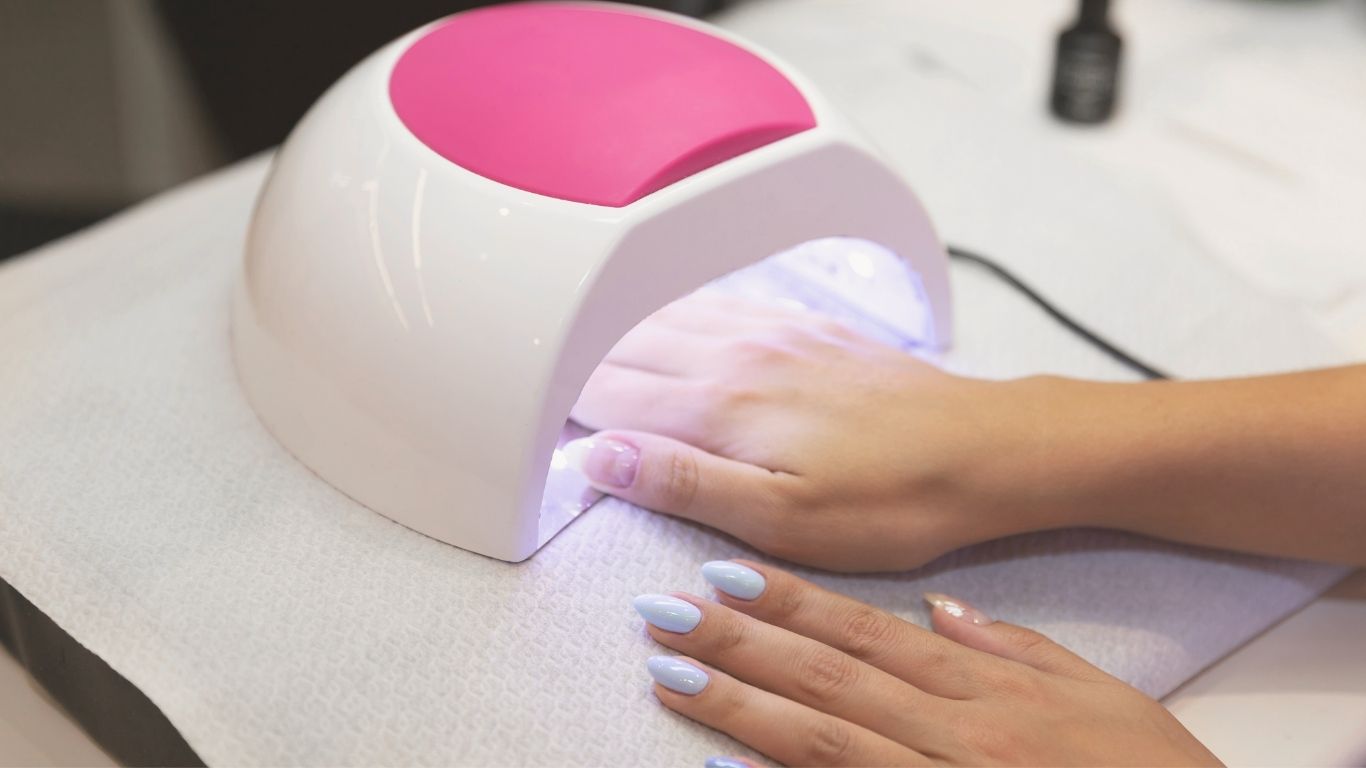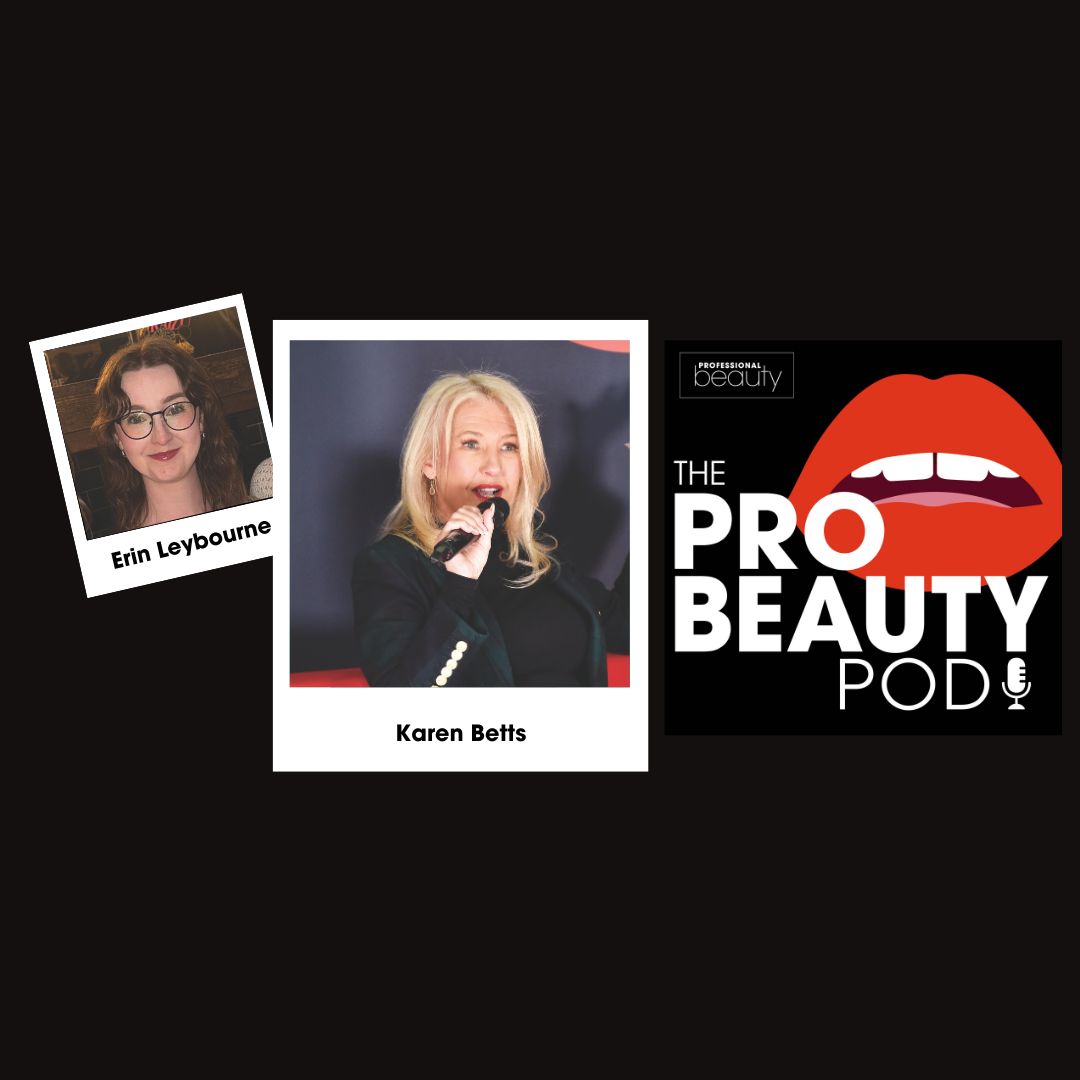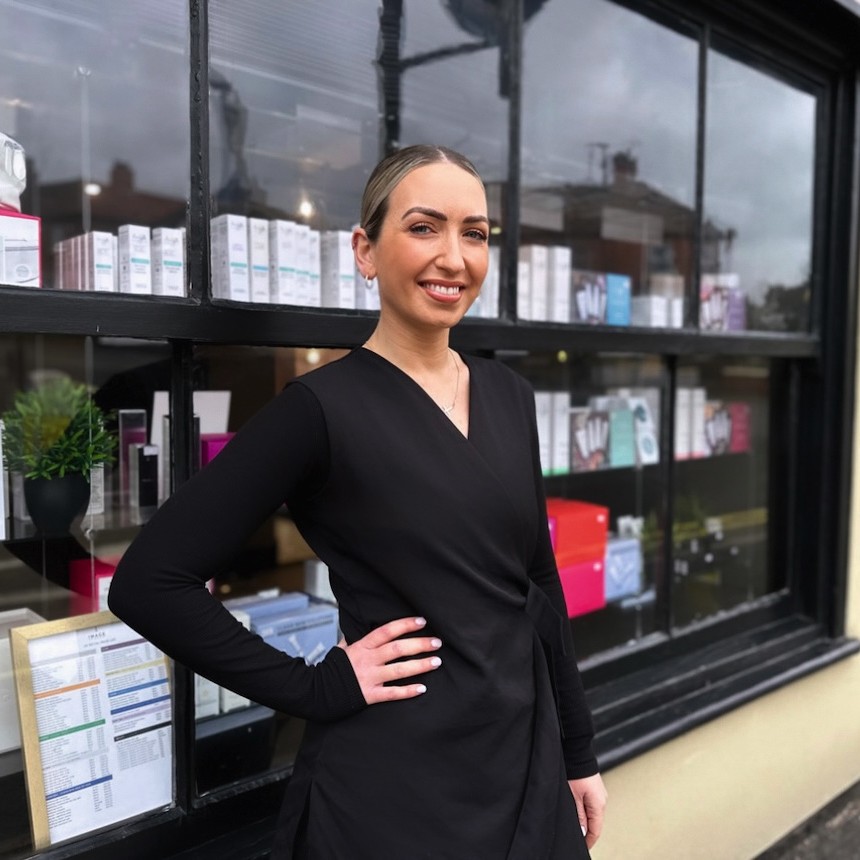As of September 1, 2025, Trimethylbenzoyl diphenylphosphine oxide (TPO) has been banned for use in nail products made and sold within the EU market – but how will this affect nail professionals in the UK?
A key ingredient found in many gel nail polish formulations has been banned by the EU’s 27 member states, in addition to countries which mirror the trade bloc's regulations, including Norway and Switzerland.
This means that production and trading of any products that contain TPO must cease immediately.
Additionally, any products containing TPO cannot be transferred or given away to another person within the EU. This applies to both nail brands and nail technicians.
This also means that nail technicians can no longer use products containing TPO – even if they were purchased before the ban was put in place.
What is Trimethylbenzoyl diphenylphosphine oxide?
Many brands use TPO as a photoinitiator – a molecule which absorbs light (in this instance, UV or LED) to create a reaction. This reaction then leads to a photocuring process that solidifies, or cures, the gel polish, in addition to enabling greater colour stability.
One reason TPO was a popular choice as a photoinitiator in gel polish formulations is because it is capable of absorbing light across a wide range of wavelengths, making it compatible with various light sources.
TPO is also considered as highly efficient, because it generates two types of reactive free radicals (benzoyl and phosphorus acyl), which efficiently initiate the polymerization reaction, leading to high conversion rates.

Why is the TPO ban being introduced?
TPO is being banned as a result of European Union officials deeming the ingredient as potentially toxic to humans.
This follows studies which have highlighted a link between the chemical and long-term fertility damage in animals.
As a result, TPO has received a classification as a CMR (carcinogen, mutagen, reprotoxic), under the EU Classification, Labelling and Packaging (CLP) Regulation.
Caroline Rainsford, Director of Science at the Cosmetic, Toiletry and Perfumery Association (CTPA) explains: “The reason why TPO has been banned in cosmetic products in the EU is based on its hazardous properties, meaning how a substance might behave under a "worst case" situation when our bodies are exposed to a very large amount.
"This is not how TPO is used in cosmetics. The amount of this ingredient used in nail products is over a thousand times less than the amount which could have any negative effect on fertility and these products are applied to the nail, so the potential for the ingredient to be absorbed into our bodies is even smaller.”
While industries are able to defend the use of cosmetic ingredients that are classified as CMRs, in this case the defence has been unsuccessful – largely because there are alternative ingredients available.
Some brands have highlighted their alternatives, including TPO-L and TPO-R.
Commenting on the ban, Inês Ferreira, regulatory affairs and quality assurance at Andreia Professional, shared: "We began reformulating well ahead of the regulation, and I’m proud to say that our entire portfolio is now 100% TPO-free. Our goal is to give professionals complete peace of mind: confidence in their compliance, transparency on ingredients, and reassurance."
Will the TPO ban impact UK nail techs?
Nail technicians based in the EU should identify whether the products they use contain TPO. They can do this by checking the SDS or labels on the products.
If you have been using products that contain TPO, it is advisable to speak with your product suppliers to discuss how any alternative or reformulated products may differ from what you are familiar with.
TPO is not yet banned in the UK; however, a ban is expected to be rolled out late 2026.
Discussing what the TPO ban means for nail salons and technicians within the UK, Lesley Blair MBE, chief executive and chair of The British Association of Beauty Therapy and Cosmetology (Babtac) comments: “Regulators have banned TPO as a precaution only - while further research is conducted.
“It is important to reassure professionals and clients that many brands already operate well below the previous guideline of 5%, or without TPO altogether, and those that have used it are reformulating to ensure full compliance.
“This is naturally a concerning time for gel brands and salons, but safety must remain paramount. We trust that by next September any decision made by the UK will be fully backed up with verified scientific evidence and ultimately serve to protect brands, practitioners, and consumers.”




